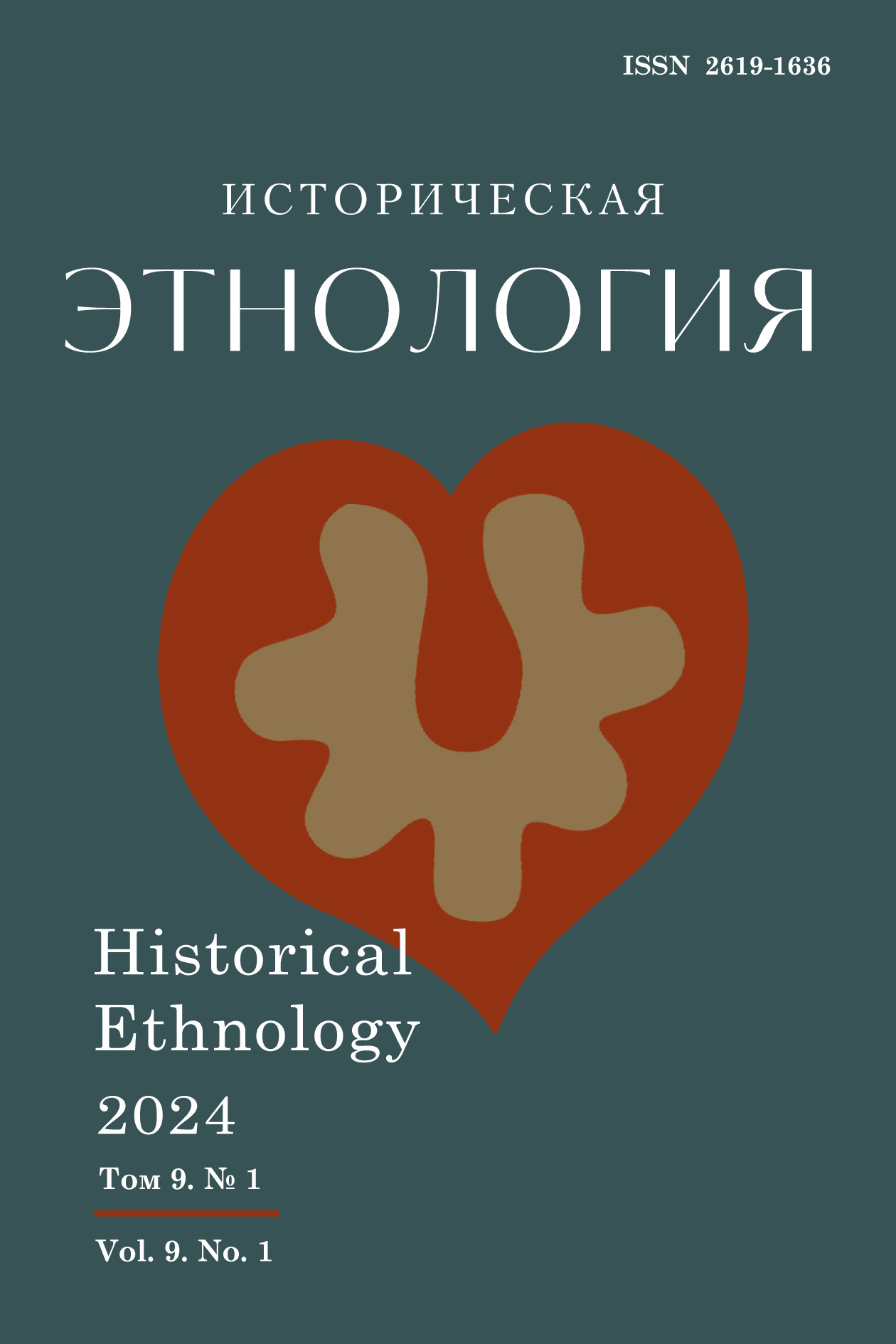
Main menu / 2024, vol.9, no.1 / Khabutdinova М.М.
The role and place of women in the creative work of Naki Isanbet Khabutdinova М.М.
38-48 p. doi.org: 10.22378/he.2024-9-1.38-48 The article presents an attempt to conduct a systematical study of the typology of female images in the works of Naki Isanbet, the Tatar scholar-encyclopedist, folklorist, critic, and classic of Tatar literature (1899–1992). Published and unpublished sources were used as the research material. Fiction, journalistic, and scientific texts of N. Isanbet have been analysed using the method of semantic analysis, historical and cultural, comparative methods. The author proves that the ideal of a woman of the Enlightenment epoch, i.e. the “mother of the nation”, dominates in the legacy of the scholar who was the classic of the Tatar literature as well. The images of a devoted spouse, a wise mother, a “mother of the nation” can be encountered in his works. The writer defends the ideas of equality of women and men, women’s active participation in public life, etc. in his works of fiction written in various genres throughout the twentieth century. The poetics of female images depends on the requirements of the genre. When developing the images, the writer relies on the traditions of the Tatar folklore and oriental poetry. In his creative legacy, the encyclopedic scholar immortalised dozens of names of the female contemporaries who made a significant contribution to the history of the Tatar people – teachers, actresses, writers, translators, public figures, etc. Keywords: Tatars, Tatar literature, Naki Isanbet, typology of female images, emancipation. For citation: Khabutdinova М.М. (2024) The role and place of women in the creative work of Naki Isanbet. Istoricheskaya etnologiya [Historical Ethnology]. Vol. 9. No. 1: 38–48. DOI: 10.22378/he.2024-9-1.38-48 (In Russ.)
REFERENCES Afanas’ev A., Breeva T. (2017) The gender representation of the world in women’s rock poetry. Moscow: Flinta Publ. (In Russ.) About the author: Mileusha M. Khabutdinova is a Cand. Sc. (Philology), Associate Professor at the Department of Tatar Literature, Institute of Philology and Intercultural Communication, Kazan (Volga Region) Federal University (2 Tatarstan St., Kazan 420056, Russian Federation); mileuscha@mail.ru
Received January 28, 2024 Accepted for publication February 19, 2024 Published Online February 26, 2024 |
Istoricheskaya etnologiya Historical Ethnology
Scientific journal







